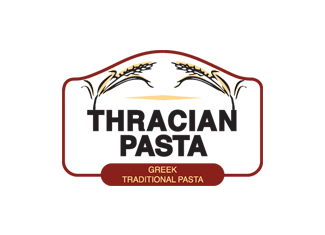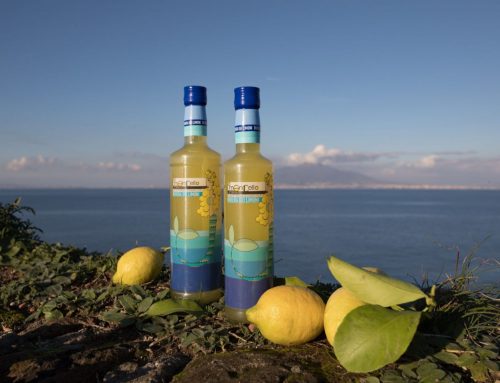Italians are recognised worldwide as the experts on pasta. Common belief has it that Marco Polo was the first European to encounter pasta during his travels to China and that, in turn, he brought them back with him to Venice where it became undeniably Italian. Well, that is not exactly how history tells it. Have you ever heard about Greek dough miracles?
Pasta has always been part and parcel of the Greek larder. It seems more likely that pasta may not have come from any one place but from several, including ancient Greece. Greeks for many millenia prepared a kind of primitive pasta in the form of a grilled batter they called laganum. The word may be the etymological root of what the Italians now call lasagna. Even the word for macaroni might have Greek origins, from the makaria, as in funerary dish. Wheat-based foods, usually sweetened, are highly symbolic of rebirth and regeneration and thus have always been associated with the foods served in honor of the dead.
To each his own (pasta)
Anyhow, Greeks are a nation of bread eaters and subsequently there is a vast diversity of regional pasta throughout the country. There are at least dozens, if not more, different traditional Greek pastas and certainly hundreds of ways to cook them.
Before the advent of refrigeration, pasta was a necessity in every household kitchen. For one, it was a way to preserve eggs, although not all Greek pasta contains eggs; it was also a way to ensure that there was always something, however simple, ready to cook and an easy solution to feeding a large, hungry family.
Chylopites, kofto macaronaki, kritharaki, trachanas… Greek words that may sound weird, but refer to types of Greek pasta used in everyday recipes around the country. Greek dough miracles. In the past, women used to make their own homemade pasta, usually during the summer months (after harvesting), when plenty of raw materials was available. They made the dough, worked it, cut or rubbed it by hand into small pieces and then laid it out in the sun to dry. Then, the pasta was put away in fabric pouches in their cellars to keep throughout the year.
Passing the torch
Nowadays, grandmothers’ tradition has passed on to small family businesses and women’s cooperatives that craft the fine high quality pasta as it used to be, using only the best and purest of ingredients. One of those bearers of tradition is “Thracian Pasta”, the brandname of a family company from Thrace, the northeastern-most part of Greece, established in 2004 in the Aigeiros area of Komotini. The company produces mainly chilopites, couscous and trachanas, which they export in Germany and Italy (oh, the irony!), while also having grasped a sizeable part of the domestic market.





